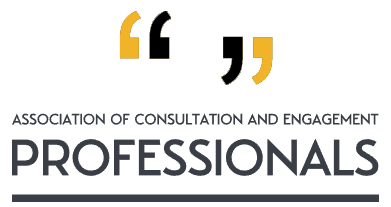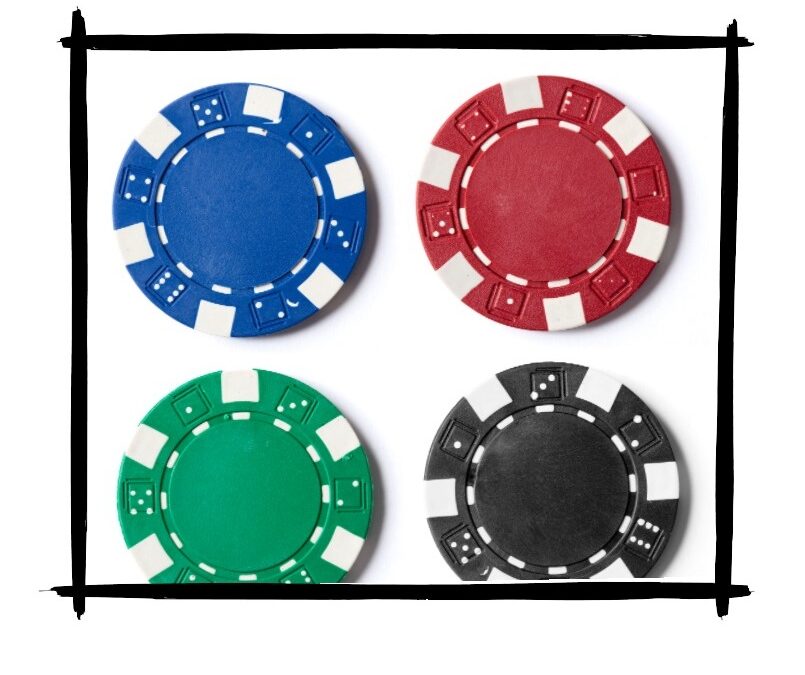Today saw the launch of the Gambling Act Review White Paper which attracted much attention, partly because it proposed that new measures were subject to further consultation.
During the lively debate, one opposition MP said “Today is a momentous occasion that many thought, and many wished, would never happen, but now the commitments need to be fulfilled. We do not need more consultation—we have had two and a half years since the review. We need swift action, immediate implementation of the proposals and urgent legislative change where necessary.”
There is some truth in the observation – the call for evidence for the Gambling Act Review White Paper solicited 16,000 submissions and has largely shaped preferred options. However, this stage of the process is typically technical and dominated by experts and industry lobbyists.
Without proper public validation, proposals will be less credible but the point is really about harms – those who are affected by the current state and those who will not be able to protect their civil liberties. On balance, we suspect that a three-month consultation is better than a knee-jerk reaction.
Another opposition MP demonstrated that they had little appreciation for the law of consultation by saying “On affordability checks, further sharing between gambling companies is badly needed, and I await details of the checks after the consultation. However, it is vital that rules on affordability checks be set independently, not by the industry. Will the Secretary of State provide reassurance on that?”; that is unless the proposed consultation has been exposed as not having sufficient information permitting intelligent consideration.
The real challenge will be if the consultation is meaningful. For example, one of the proposals concerns reducing the amount of money that young adults (aged between 18 and 25) can bet on online slots. Young person’s engagement in a “typical” consultation sits at a measly 2% of the overall respondents. At the other end of the spectrum, the proportion of consultees over 60 years old stand at an average of 30% of all respondents.
Finding a way to engage balanced audience for this one will be fascinating. When revenues are at stake, the gambling industry are likely to view the consultation as a vote and skew the results with their marketing prowess. Targeting ‘occasional’ gamblers will be much harder as they are less likely to be impacted and we doubt there will be any incentives offered for responding to the consultation! Let’s hope the consultation is well formed.
I’ve always argued that the national lottery should take the democratic initiative and ask people to write their preferred charities on their betting slips. Chip-and-pin machine consultation used to be a thing. Perhaps it’s time for some critical thinking about how to engage audiences instead of focusing on if they should be engaged.

